Cell Reproduction -> magnetic field
Magnetic Field
A magnetic field is a region around a magnet or a moving electric charge where the force of magnetism is exerted. It is a vector field, which means it has both magnitude and direction, and is represented by lines of force. The direction of the magnetic field is conventionally indicated by the direction a small compass needle would point when placed in the field.
Key Concepts
- Magnetic Field Lines: These are imaginary lines that show the direction a small north pole would take if placed in the field. The density of the lines indicates the strength of the magnetic field.
- Magnetic Poles: All magnets have a north and south pole. Like poles repel each other, while opposite poles attract each other.
- Magnetic Force: Moving charges, such as electrons, experience a force when they move through a magnetic field. This force is perpendicular to both the direction of the current and the direction of the magnetic field.
- Applications: Magnetic fields are used in a wide range of applications, including electric motors, generators, MRI machines, and compasses.
Study Guide
Here are some key points to remember when studying magnetic fields:
- Understand the concept of a magnetic field and how it is represented by field lines.
- Learn the properties of magnetic poles and how they interact with each other.
- Understand the relationship between magnetic fields and moving charges, and how this leads to the generation of magnetic force.
- Explore the various applications of magnetic fields in everyday life and technology.
Remember to practice drawing and analyzing magnetic field lines, and to work through problems involving magnetic force and the interaction of magnetic fields with moving charges.
By mastering these concepts, you will have a solid understanding of the behavior and applications of magnetic fields.
.◂Science Worksheets and Study Guides Seventh Grade. Cell Reproduction
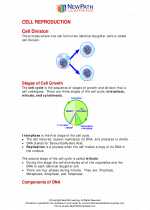
 Activity Lesson
Activity Lesson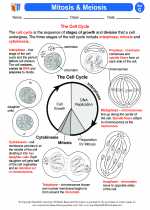
 Worksheet/Answer key
Worksheet/Answer key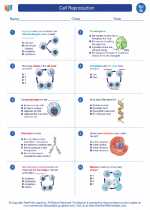
 Worksheet/Answer key
Worksheet/Answer key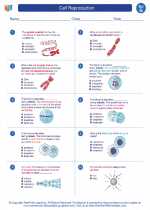
 Worksheet/Answer key
Worksheet/Answer key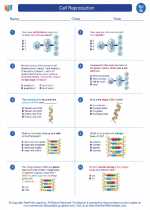
 Vocabulary/Answer key
Vocabulary/Answer key
 Vocabulary/Answer key
Vocabulary/Answer key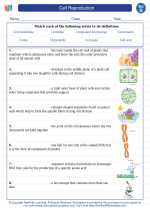
 Vocabulary/Answer key
Vocabulary/Answer key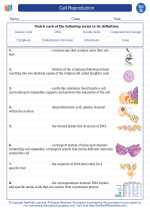
 Vocabulary/Answer key
Vocabulary/Answer key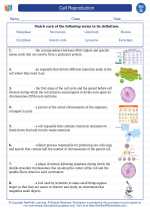
 Vocabulary/Answer key
Vocabulary/Answer key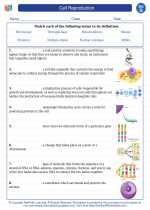
 Vocabulary/Answer key
Vocabulary/Answer key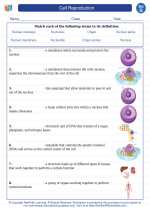
 Vocabulary/Answer key
Vocabulary/Answer key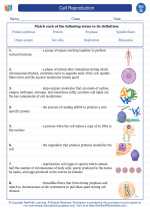
 Vocabulary/Answer key
Vocabulary/Answer key
